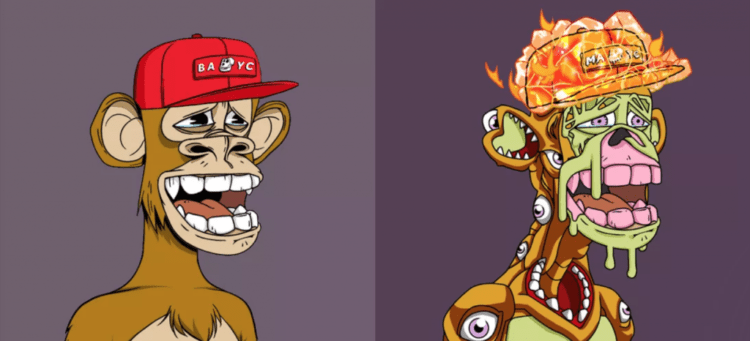Advertisement
NFT collectors and their behavior are in the spotlight. A cognitive science study shows how quickly rare digital collectibles can lose their glamour. NFTs used to be a craze, even though things are different now during the crypto winter.
Despite this, collectors have spent large amounts of money on NFTs, even millions of dollars, just for ownership of a digital image.

Researchers say this frenzy is a rare opportunity to study how humans approach new markets. And they want to learn how people fix value for different types of assets.
Jordan Suchow, a cognitive scientist at the Stevens Institute of Technology, said:
“Because NFT trading records are public, they provide a remarkable opportunity for us to look at why people consider collectibles to be valuable and how those perceptions change over time.”
Bored Ape Yacht Club
Suchow and his team conducted the first awareness study of NFT trading. The study focused on the owners of the Bored Ape Yacht Club NFTs.
Each Bored Ape is unique, and therefore equally rare. However, there are still some common features. An ape wearing a striped sweater is more common, so likely less valuable than another ape wearing earrings or a piece of clothing.
Suchow says:
“It’s a bit like stamp collecting: stamps printed in the same store look the same, so if there’s a printing error or some other rare feature that makes a stamp different, people will pay more for it.”
When Bored Ape NFTs first started being traded, NFTs with rare characteristics were hunted. Suchow’s team found the rarest and most popular features in BAYC NFTs. They then weighed their findings into the relative value of BAYC NFTs over time.
The researchers say the results are impressive.
“While rarity was strongly correlated with value in the early days of Bored Ape trading, this connection disappeared when a large number of beginners started trading NFTs. We’ve proven that focusing on rarity is unfounded – if you want to maintain value, you need to make sure that people don’t just see the rarest items in a given category. ”
















